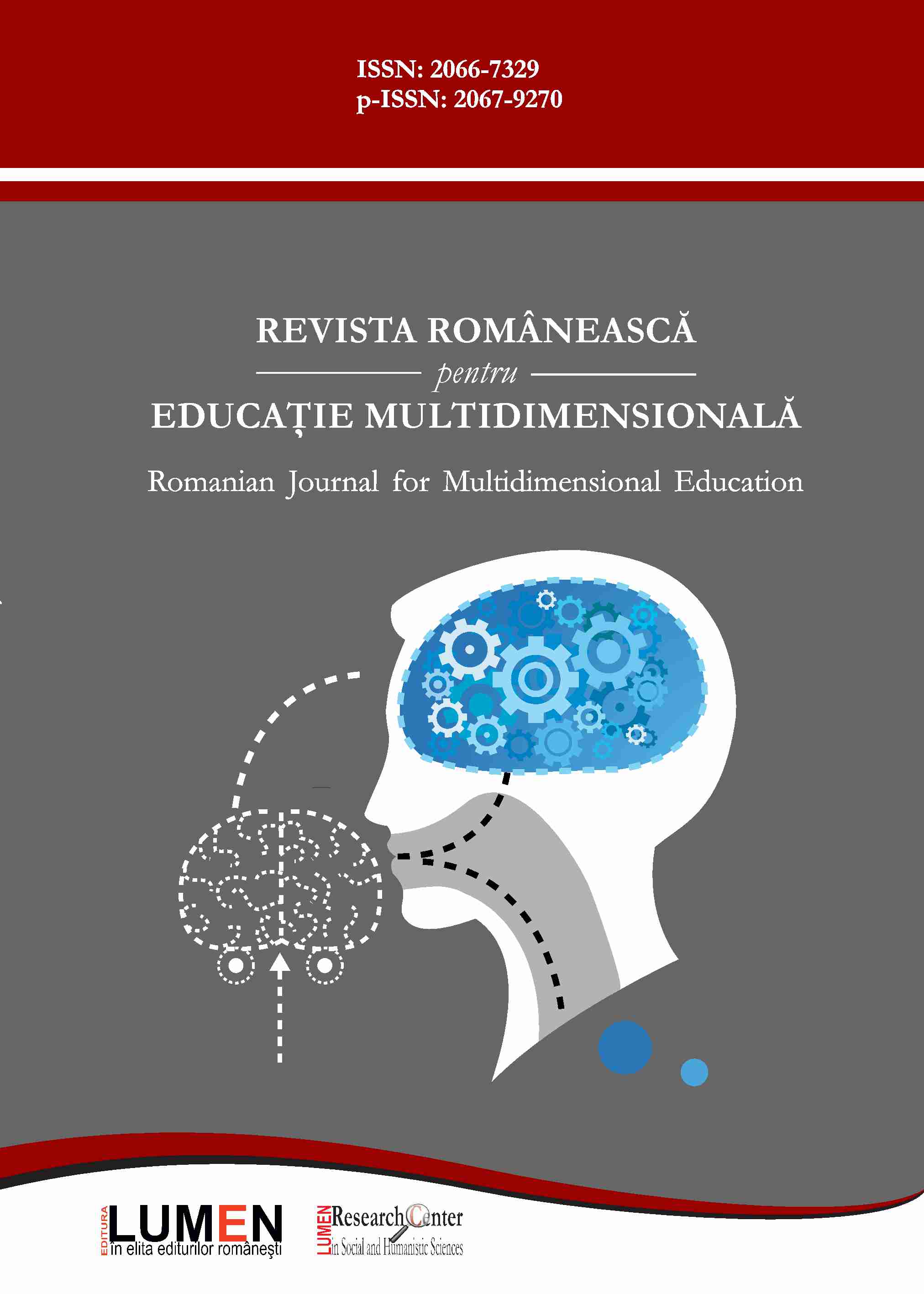The Peculiarities of Verbalisation of Emotions by the Teachers in Distance Learning
The Peculiarities of Verbalisation of Emotions by the Teachers in Distance Learning
Author(s): Maria Kanibolotska, Marharita Dergach, Alina Melnyk, Mykola FedorovSubject(s): Social Sciences, Education, Media studies, Health and medicine and law, Distance learning / e-learning
Published by: Editura Lumen, Asociatia Lumen
Keywords: attitudes; on-line communication; discourse; emotions; pandemic; verbalisation;
Summary/Abstract: The purpose of the study is to identify and categorise the lexical units denoting teachers’ emotions in the context of distance learning during the COVID-19 lockdown. Research methods: discourse and content analysis, categorisation, questionnaire “The emotional aspects and attitudes of teachers to various aspects of reform in secondary education”. The sample consisted of 413 teachers (90.3% female) who participated in an online survey. Teachers taught at different educational levels (i.e., elementary, middle and secondary schools). They completed self-report questionnaire that assessed their feelings towards remote learning. Predominantly positive and sthenic emotions (interest and joy) were reported regarding distance learning. The perception of online learning as the only possible form has changed teachers’ discourse regarding interaction with students: there was a shift from positive emotions towards negatively marked asthenic lexical units (disappointment, anxiety and disapproval). The emotional component of teachers’ attitudes towards online learning was characterised as undifferentiated in the beginning of distance learning. As teachers’ involvement in online learning increased, the share of respondents with an indifferent attitude decreased, while the share with a positive attitude towards this innovation - increased. Teachers’ discourse is characterised by a positive emotional connotation at the start of online learning; however, the awareness of the inevitability of such a format led to the predominance of negatively marked, asthenic emotions. A decrease was measured in the frequency of such lexical units such as “interest” and “joy”, while “confidence in oneself” has sharply increased.
Journal: Revista Românească pentru Educaţie Multidimensională
- Issue Year: 14/2022
- Issue No: 1
- Page Range: 356-369
- Page Count: 14
- Language: English

